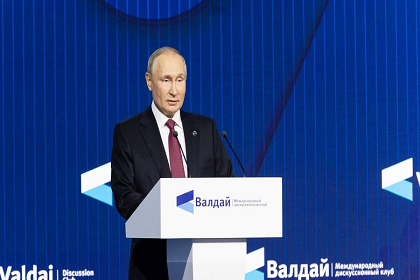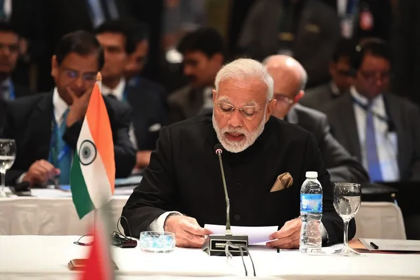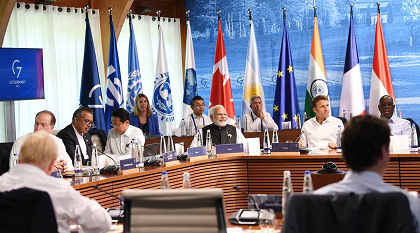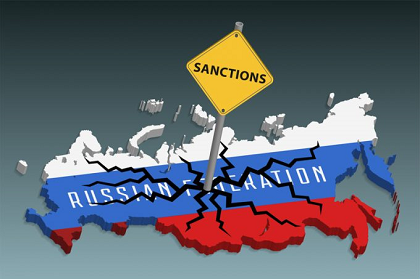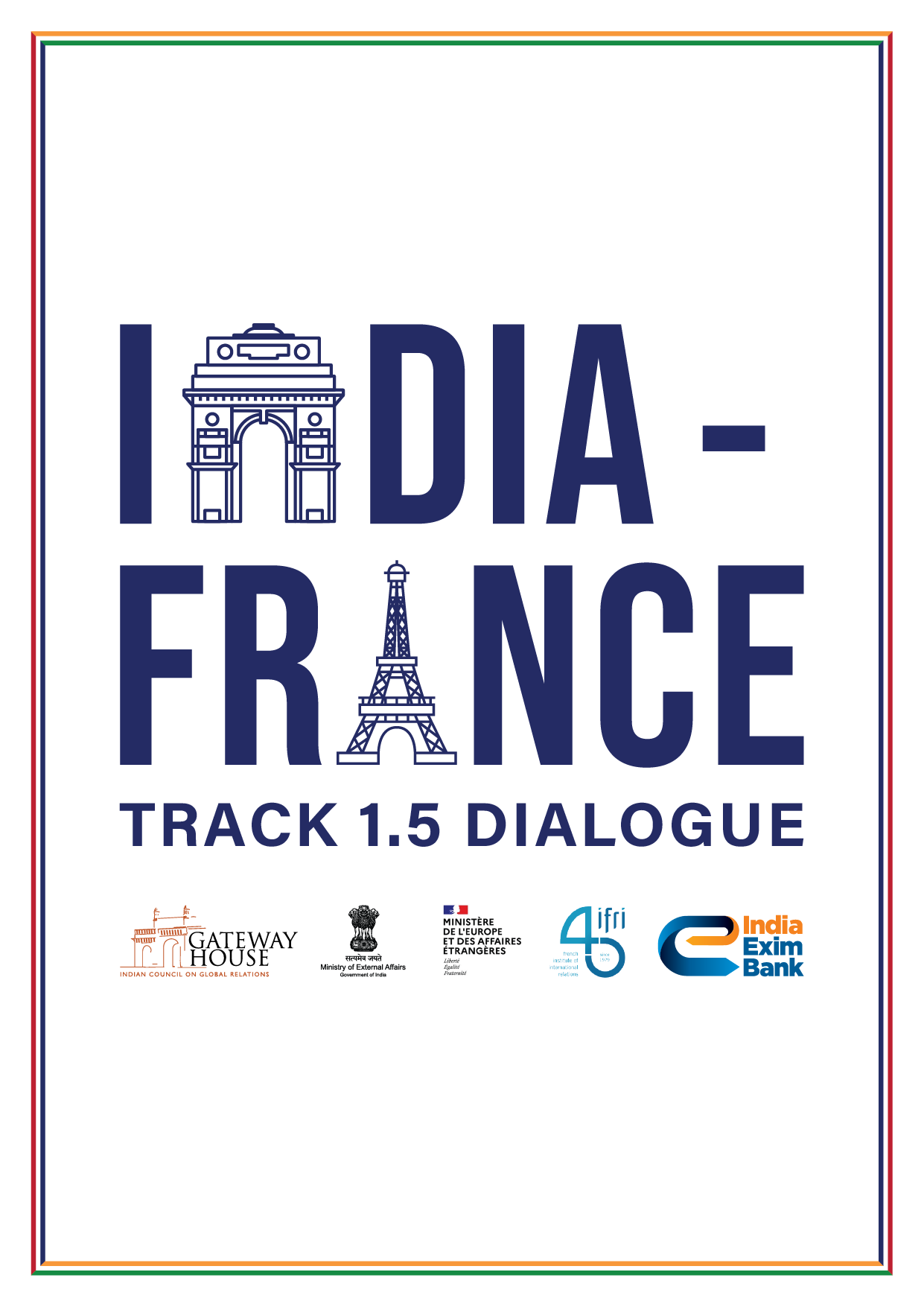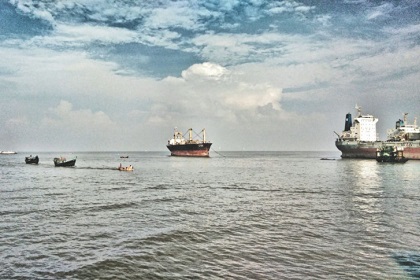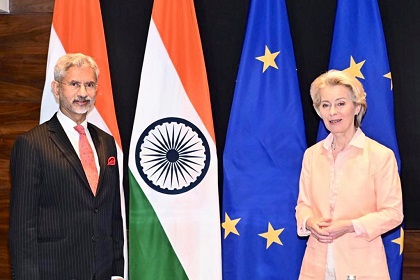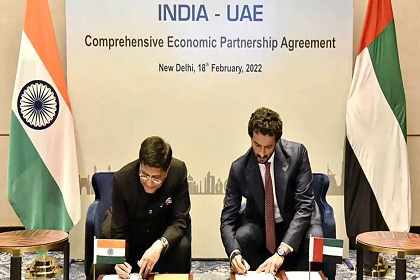Protests across Europe
Discontent over high energy prices, spiralling living costs, and anti war sentiments have gripped Europe, resulting in protests and civil unrest across the continent. With no immediate solution in sight, public resentment is likely to intensify through the coming winter months

![EuropeProtests-01[85] copy](https://www.gatewayhouse.in/wp-content/uploads/2022/11/EuropeProtests-0185-copy.png)
